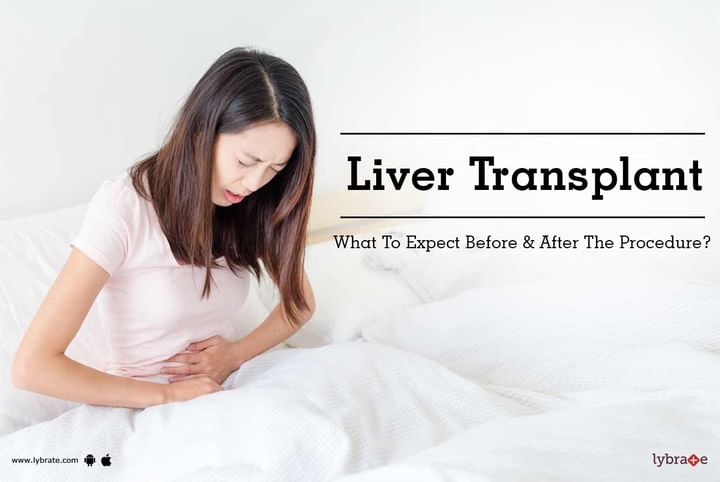Liver Transplant - What To Expect Before & After The Procedure?
Liver transplant in the only curative option available for patient who develop cirrhosis of liver due to any cause ( Chronic Hepatitis B , Chronic Hepatitis C, Alcoholic Cirrhosis, NASH etc). Once patient has been diagnosed with cirrhosis it can not be reversed with any non-surgical treatment . Over a period of time patient may develop worsening in liver function resulting in complications of cirrhosis (bloody vomitus, black stools, jaundice , altered sensorium, renal dysfunction, abdominal swelling etc) labeled as “decompensated cirrhosis”. These patients require Liver transplant at the earliest and should be reffered to a liver transplant centre immediately. Ideally all patient diagnosed with cirrhosis should be under the follow-up of a gastroenterologist/Hepatologist. The source of graft liver can be from two sources namely from a deceased brain-dead donor or a Living-related donor and termed respectively as DDLT ( Deceased donor liver transplant) and LDLT ( Living Donor Liver Transplant) . However both DDLT and LDLT have nearly 90% success rate and both the procedures have their own benefits and lacunaes. Also the decision to go for DDLT and LDLT may vary for any particular patient.
Before the Liver transplant
All recipient and Living donor go thorough evaluation before the transplant process that includes blood investigations, Imaging studies, Cardiac and pulmonary fitness tests, multidisciplinary consultation before the clearance for liver transplant is achieved. The healthcare provider will explain the entire procedure. The healthcare provider is also supposed to answer all your questions. You would be needed to sign a consent form that allows the doctor to do the surgery. Eating food is not allowed at least 8 hours before the surgery. If you cannot stay relaxed before the surgery, a sedative will be given.
After the Liver Tranplsant
The recipient surgery lasts for anywhere between 12-16 hrs and donor surgery for 8-12 hrs. After the surgical procedure is complete, you will be taken to the intensive care unit (ICU)and will be closely watched for several days.
Immediately After the Surgery
You will most likely have a tube in your throat. This is so that you can breathe with the help of a machine (a ventilator) until you can breathe on your own. The ventilator tube will be removed on next morning when all parameters are found to be satisfactory. All parameters are monitored by round the clock critical care doctors and staff for a few days. The recipient has to stay in the hospital for three weeks and the donor is discharged in one week.
Blood samples will be collected on a regular basis to check the functioning of the new liver. Antibiotics will be infused via IV channels to prevent you from infections. The area where the operation was done should always be kept clean after you have reached home. Any stitches or surgical sutures will be removed at a follow-up visit.
Complications that may arise
Blocked blood vessels to the new liver, bleeding, an infection, leakage of bile or blocked bile ducts, or the new liver not working for a short time right after surgery are a few complications that may arise. Not to aggravate the condition, in the case of a complication, it is imperative to visit your doctor. In case you have a concern or query you can always consult an expert & get answers to your questions!



+1.svg)
